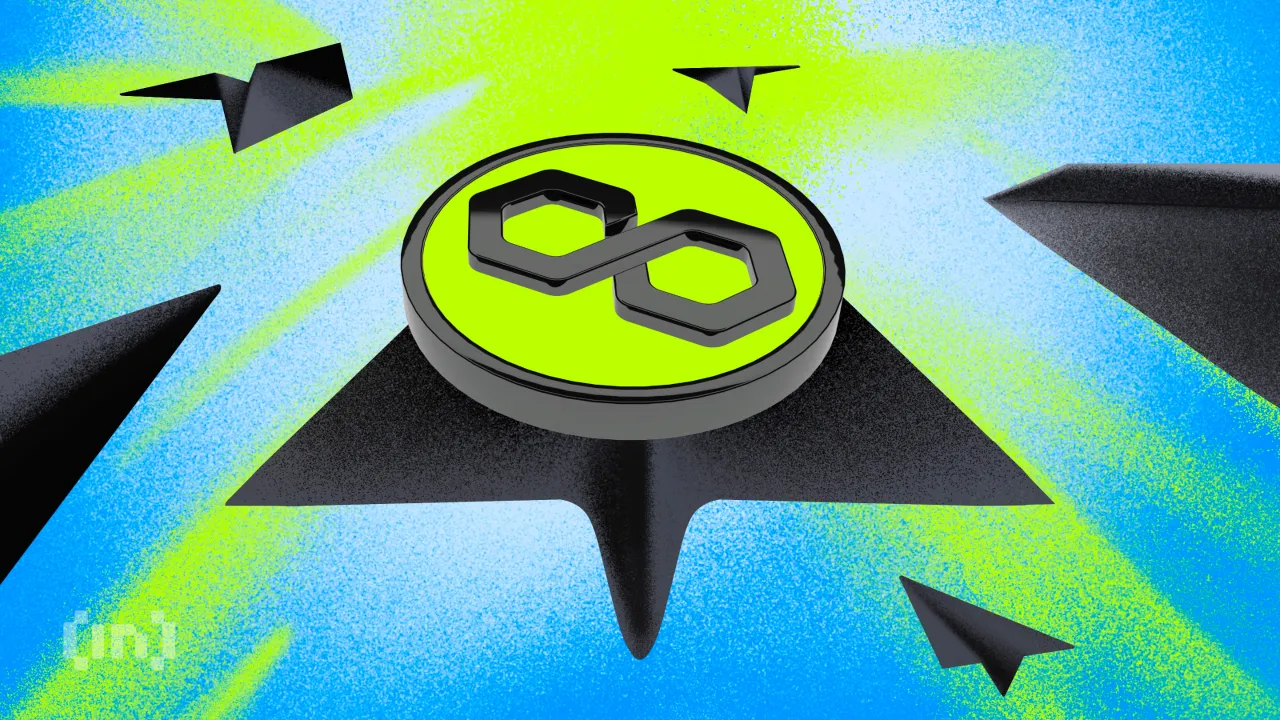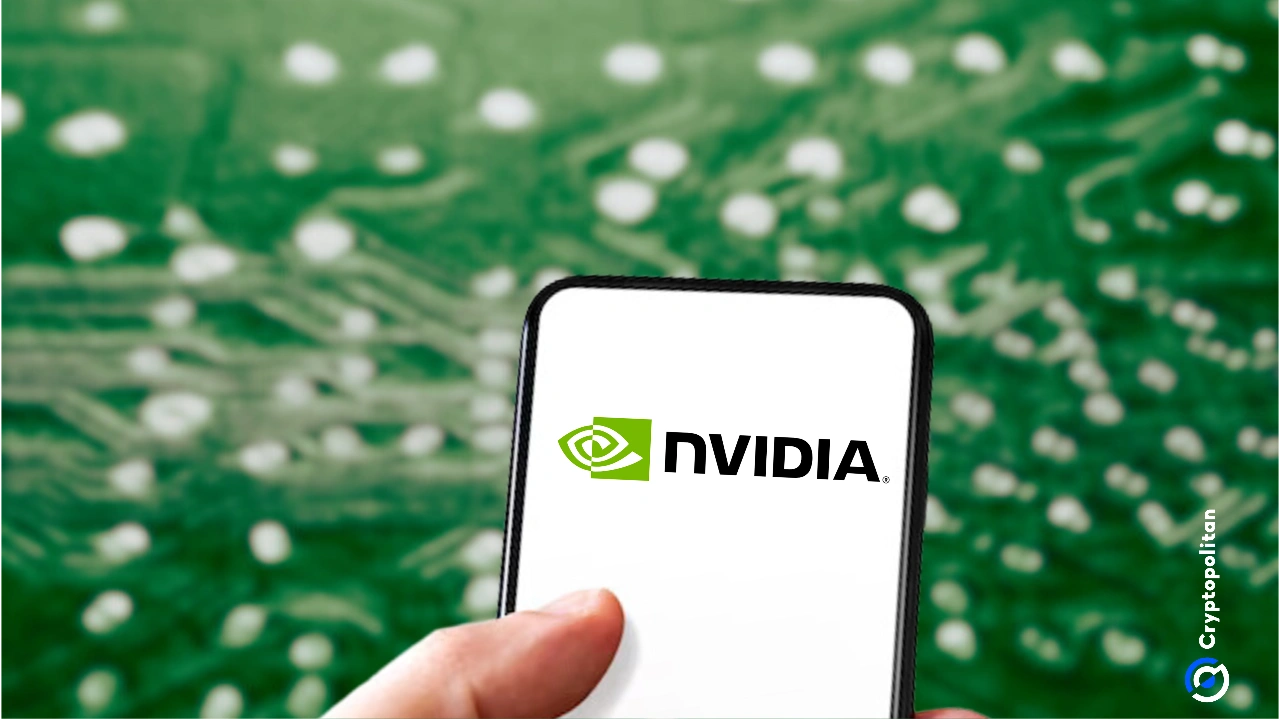One of Ethereum’s biggest problems is scalability, which becomes apparent in high-traffic conditions. Fernandez pointed out that the required network should be able to handle at least 1000 transactions per second, which Ethereum failed to achieve.
Solana had the features that PayPal required in terms of speed and the ability to integrate efficiently into an increasing number of transactions. At first, the division of PayPal, which focuses on cryptos, considered Ethereum for its payment network but quickly understood its drawbacks.
The team then started to look for options, and finally, Solana was chosen as it offered real-time payment processing. This move was made possible because Solana could process more transactions than other blockchains, which suited PayPal’s future payment plans.
PayPal Leverages Solana for PYUSD Stability
Fernandez also cited Solana’s Token Extension features as an important factor influencing the decision to go with Solana in addition to fast transaction speed. Token Extensions provide new business standards and extended use cases, which are built-in to support enterprise-class applications.
PayPal wanted to deploy these features to enhance the usability and utility of its PYUSD stablecoin. According to Fernandez, the two major concerns in crypto payments are payment confidentiality and transaction costs. Solana provides optimal solutions for both.
These extensions also enable PayPal to enhance PYUSD’s features and thus make it more attractive for businesses and customers. Consequently, Solana became the best blockchain option for further developing the company’s payment system.
Token Extensions have been particularly useful in helping PayPal leverage PYUSD in its efforts to become one of the leading stablecoins. The feature helps in quick settlement and a more versatile transaction model, allowing users to interact with the stablecoin. To deliver the best user experience in digital payments and blockchain, PayPal selected Solana.
PYUSD Market Value Hits $650 Million
Upon PayPal’s switch to the Solana network, PYUSD’s market value soared to more than $650 million. This growth puts PYUSD in the vicinity of Tether’s USDT, which has a market cap of $686 million on Solana.
This surge shows how the market has received PayPal’s decision to use Solana in stablecoin operations positively. Solan’s high processing speed has appealed to developers and institutions, making it a hub for blockchain development.
However, Solana has been able to find its way despite some network issues that it has occasionally suffered from. This was evident after the support it got from PayPal. This could also impact the payment industry as more firms venture into using blockchain technology to enhance their payment services.
These developments have led to discourse among the crypto community, especially on PayPal’s decision to transfer PYUSD to Solana. Even though Ethereum is still the leading platform in the world of blockchain, its weaknesses are starting to show, especially in payment processing. Consequently, firms such as PayPal are turning to quicker and more efficient means of addressing the needs of the current financial markets.
PayPal Seeks Faster Networks Than Ethereum
Thus, the scalability problem that has been a critical issue for Ethereum, one of the leading blockchains, still needs to be resolved to support large payment infrastructures. However, Ethereum switched to proof of stake in 2021, and transaction speed issues have not been completely solved.
These challenges have made companies such as PayPal look for other channels that can help in efficient payment processing. This slow processing speed of Ethereum transactions may cause a holdup and may not be suitable for frequent payments.
However, Solana provides an improved and quicker way of handling transactions within the blockchain, with the capacity to process thousands of transactions in a second. This has made Solana a better option for companies keen on faster payment networks.











